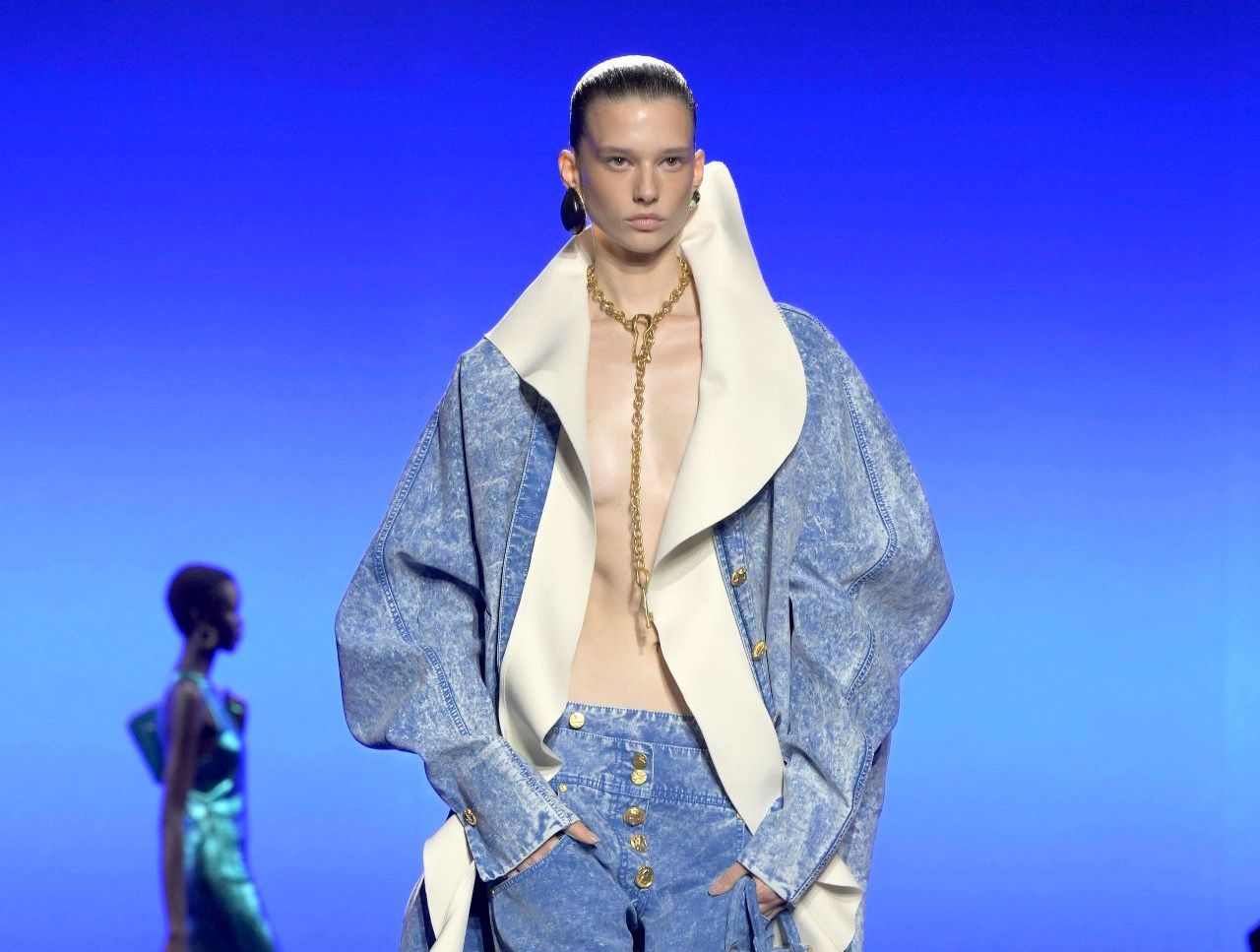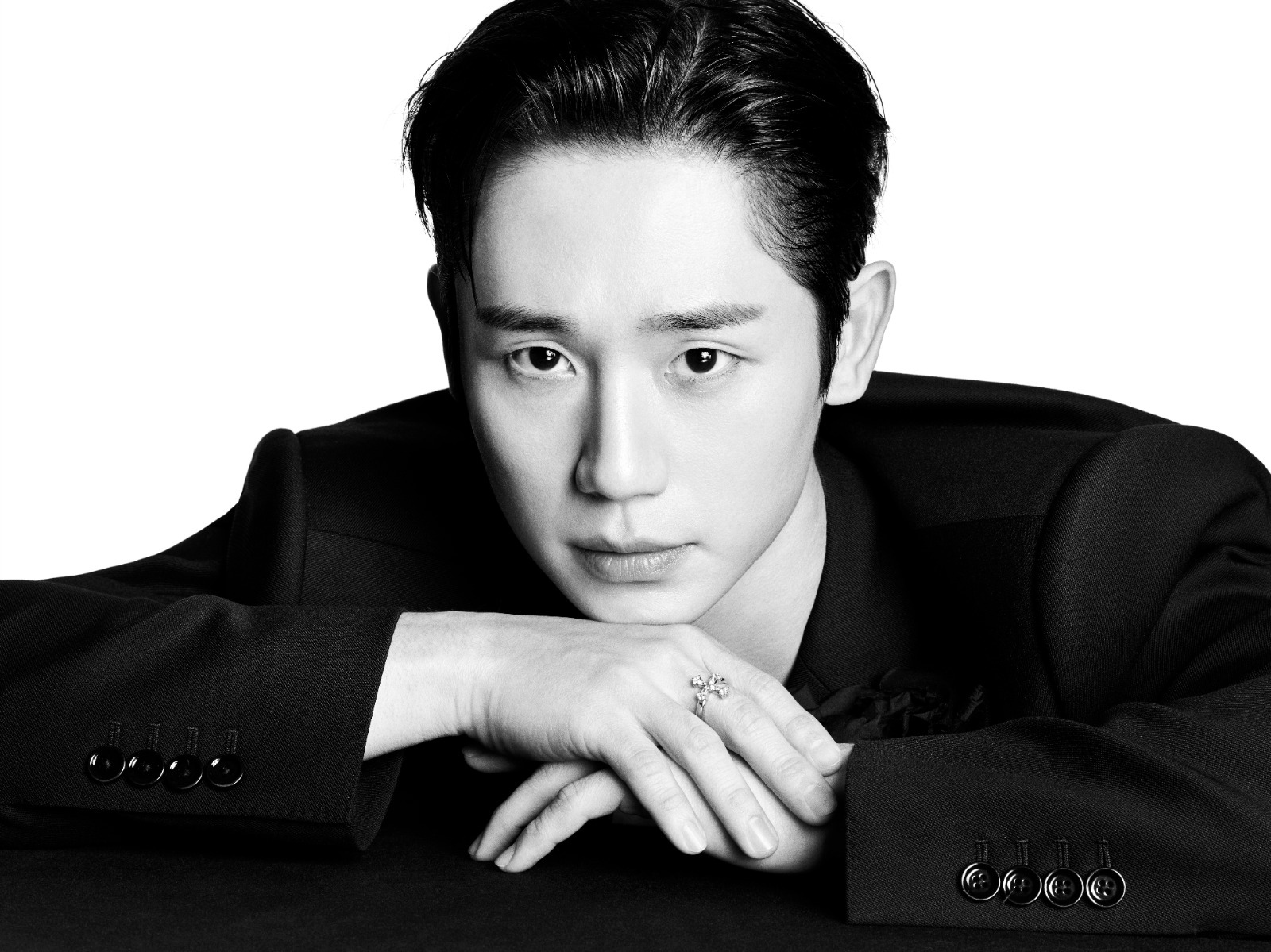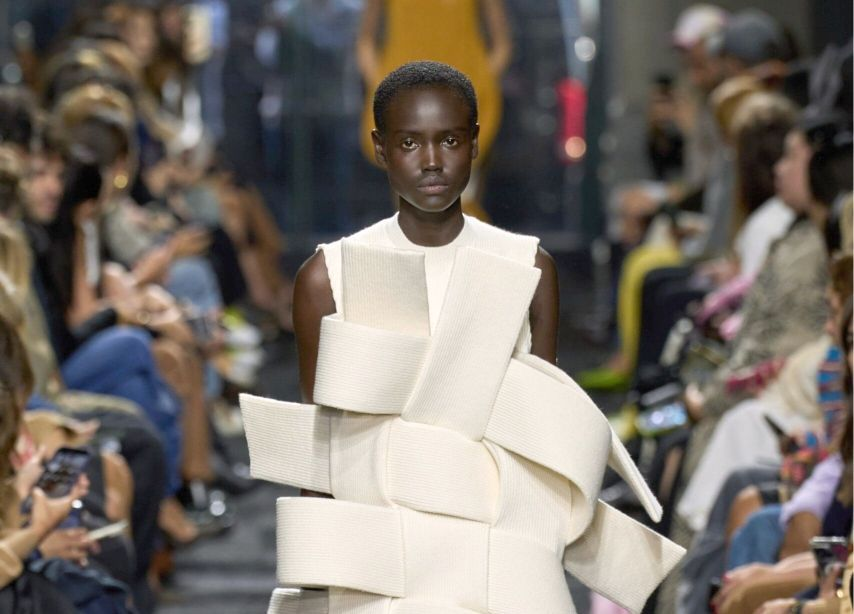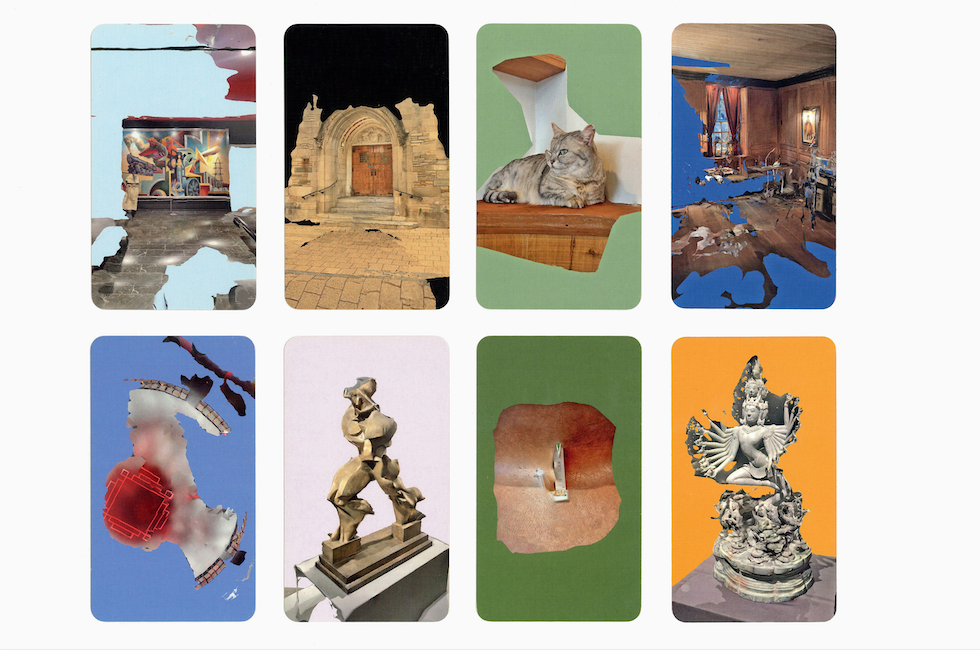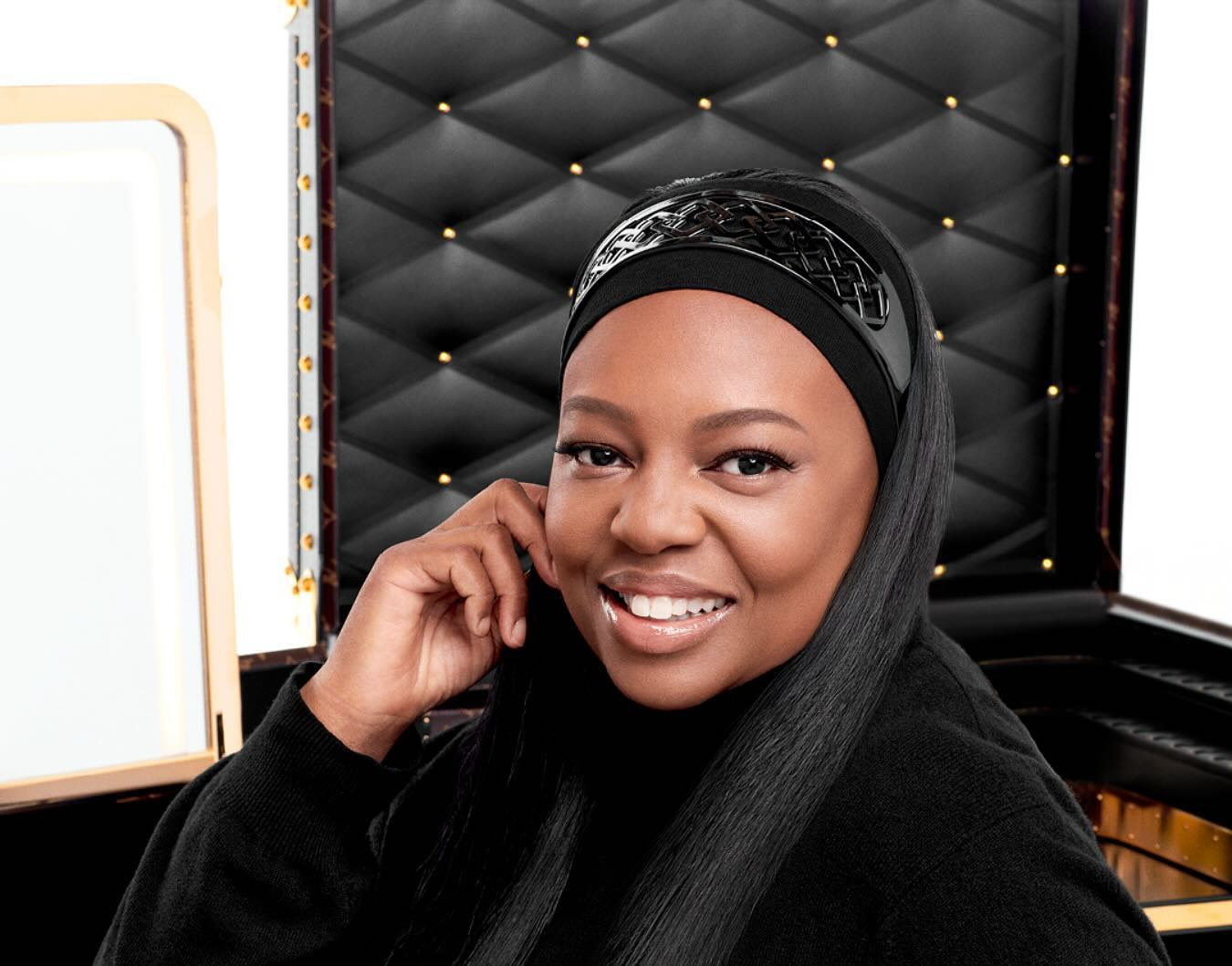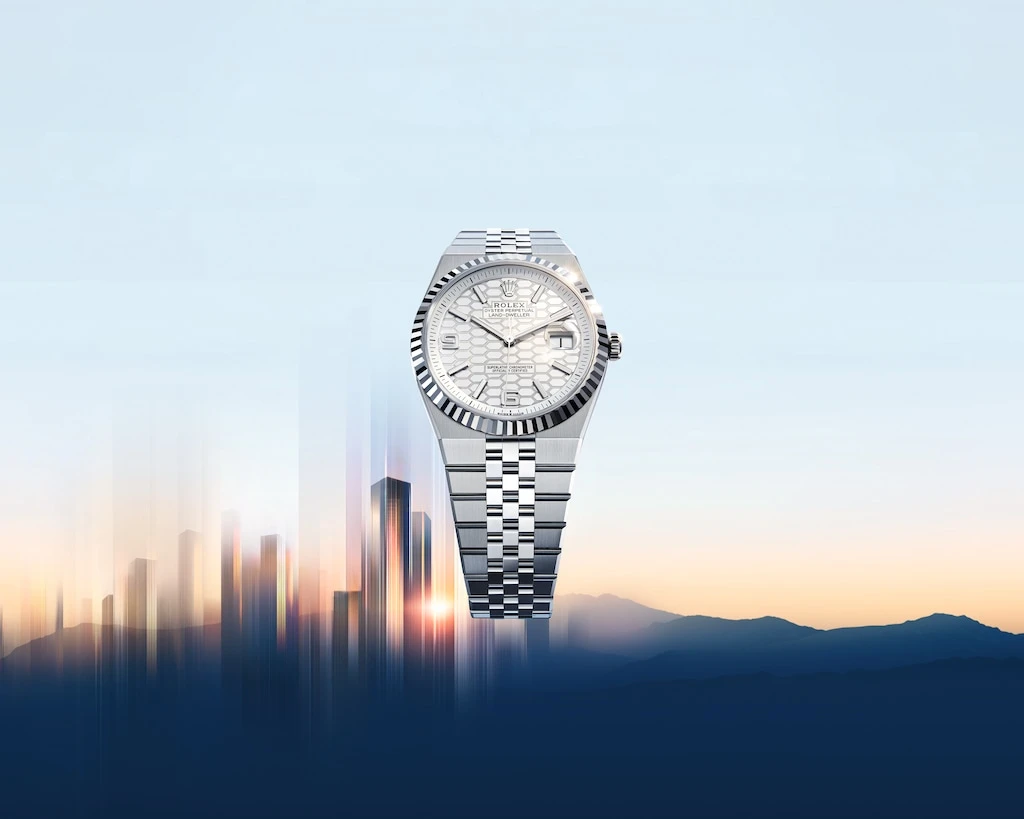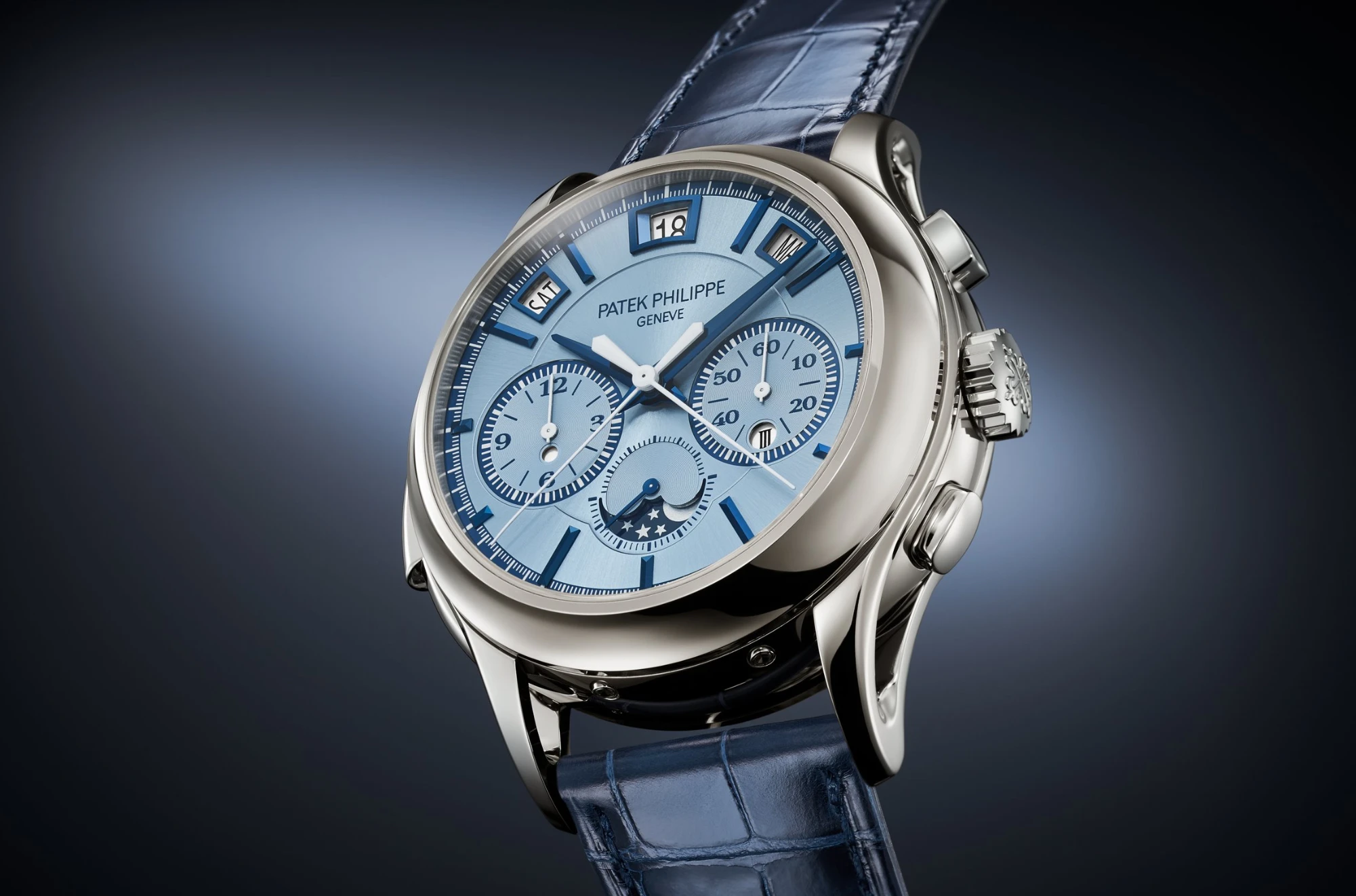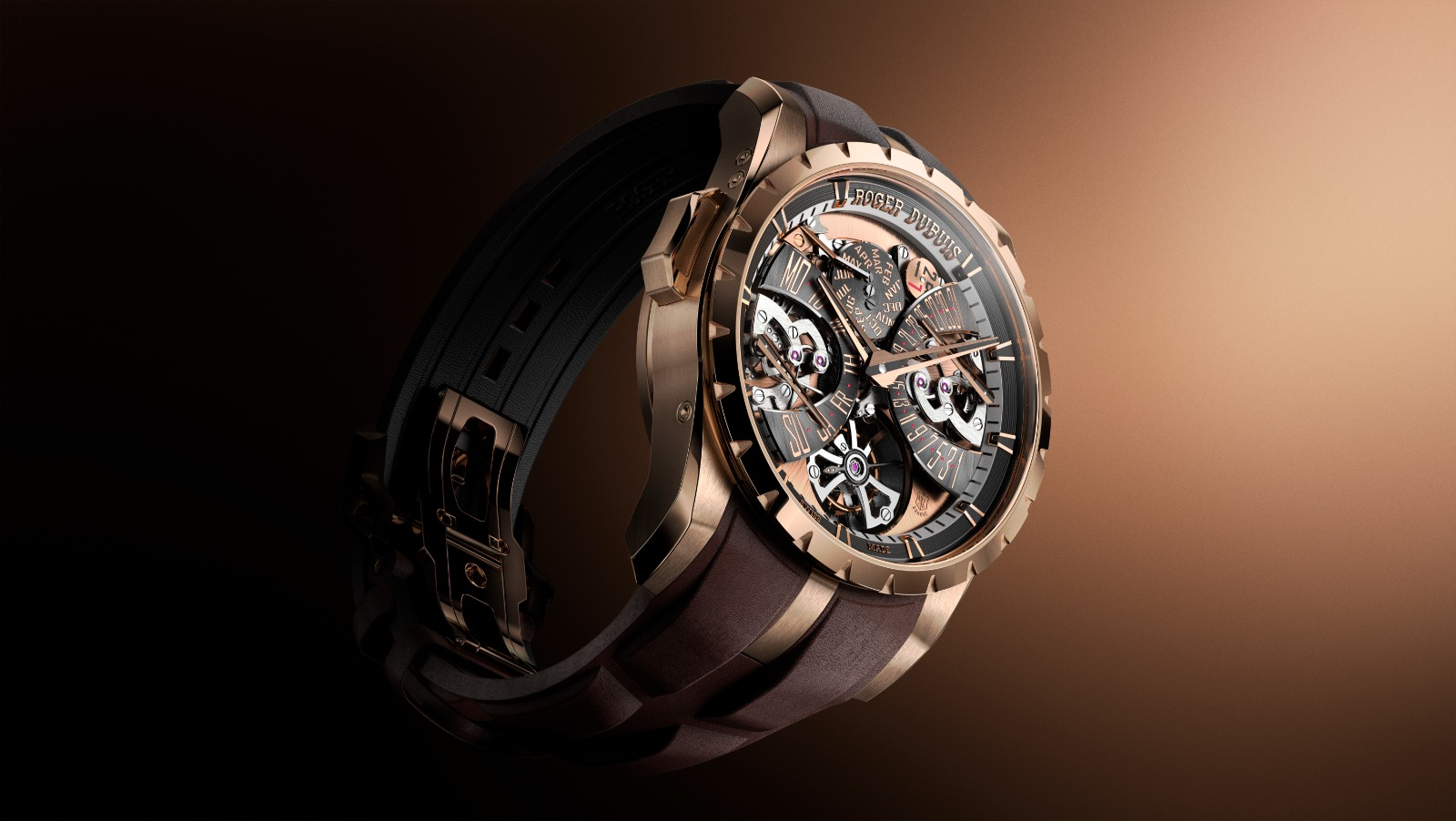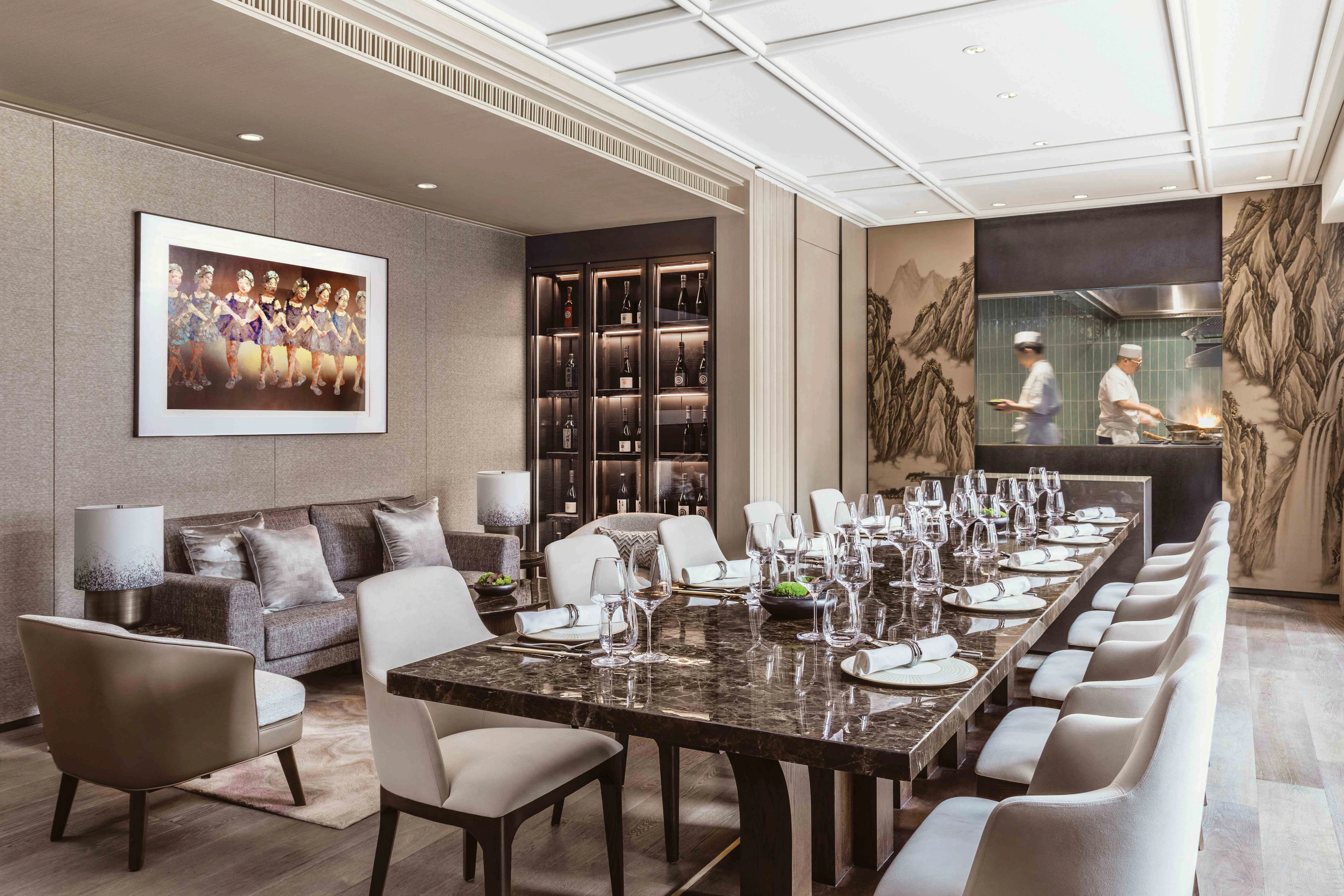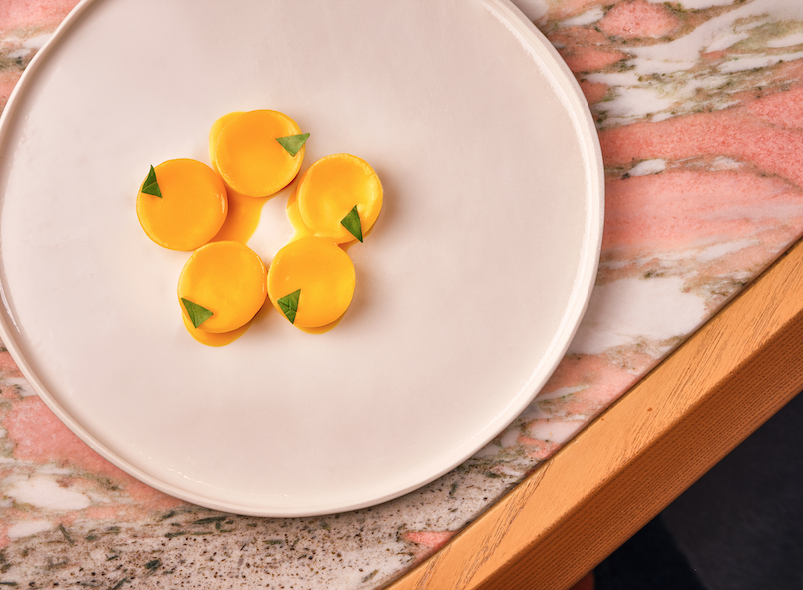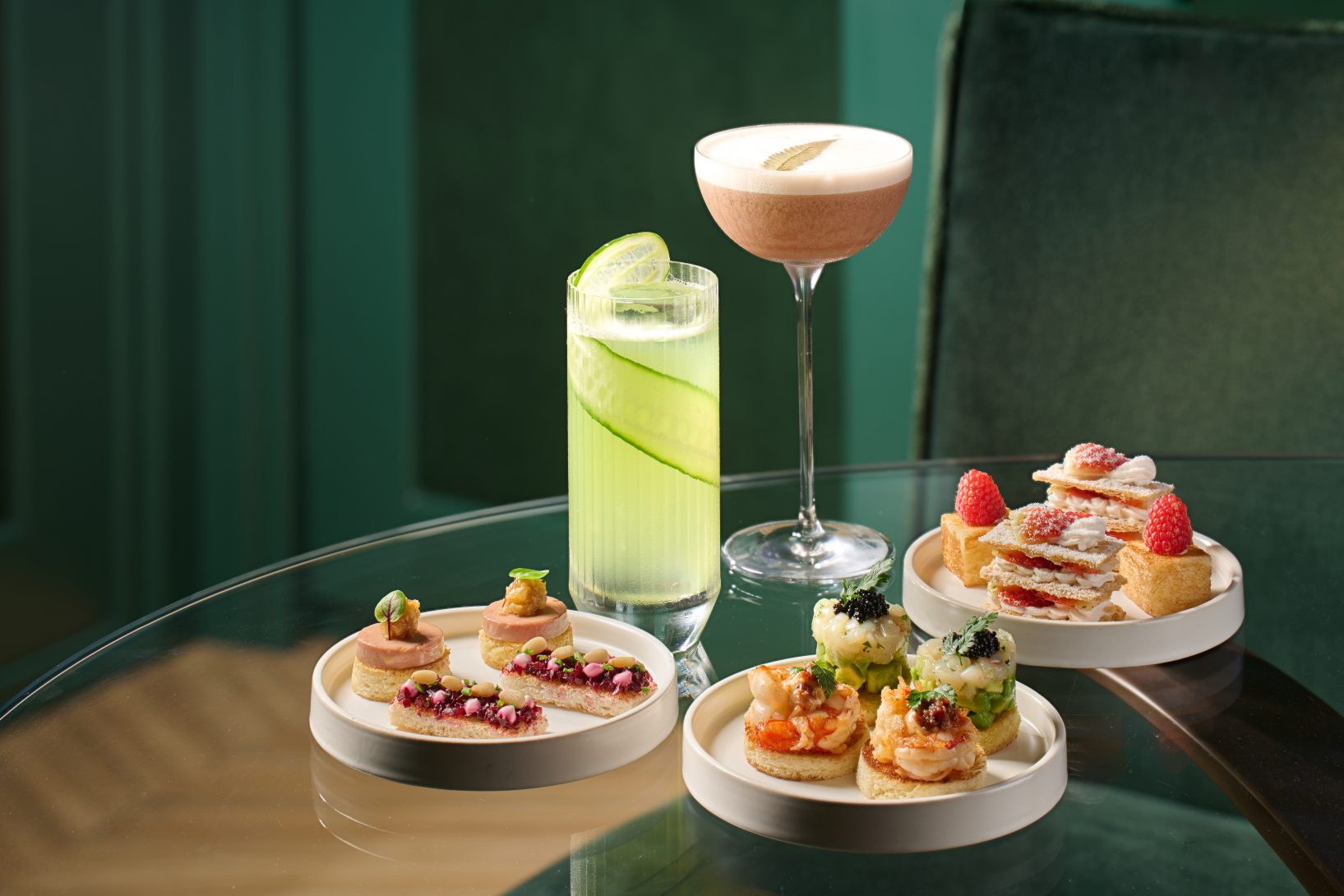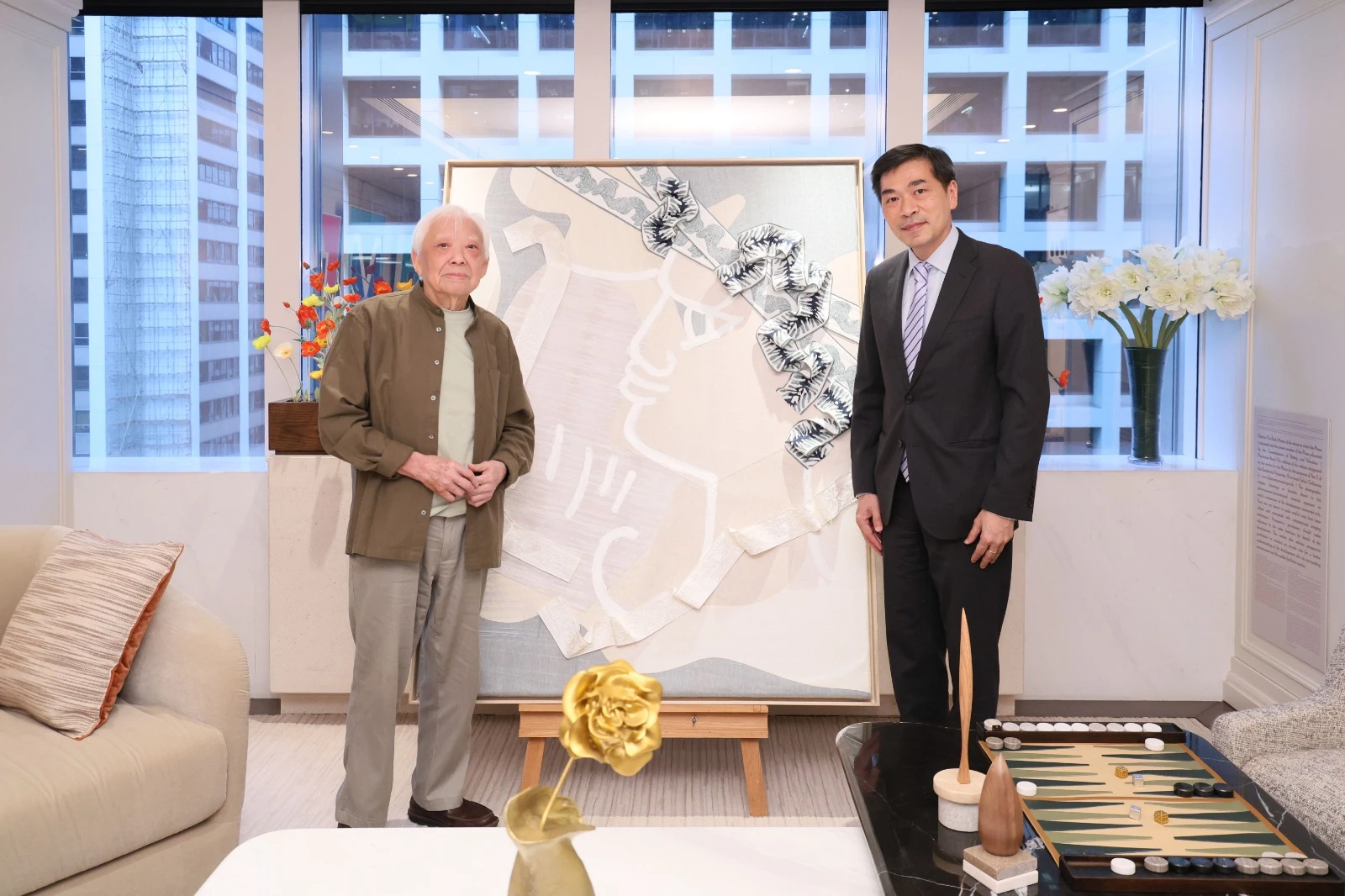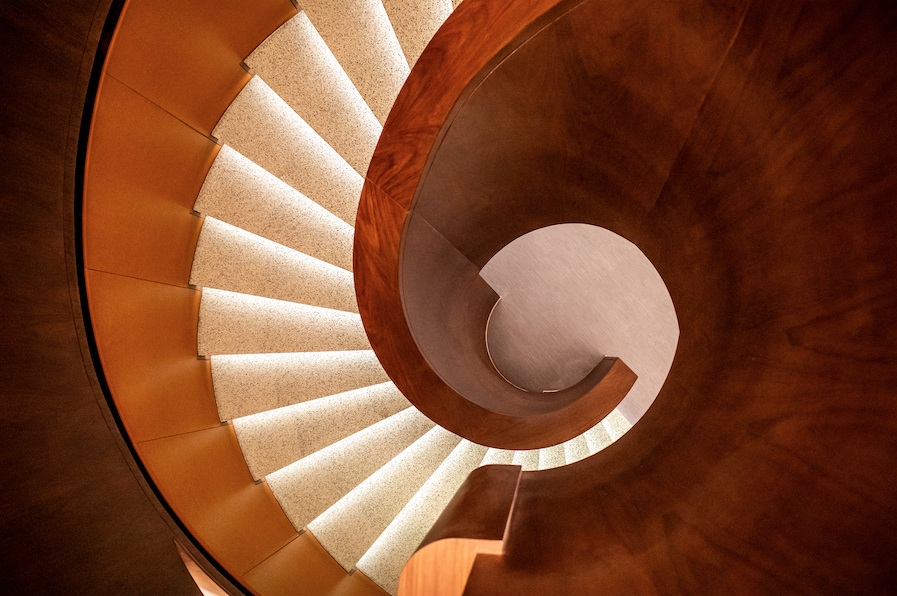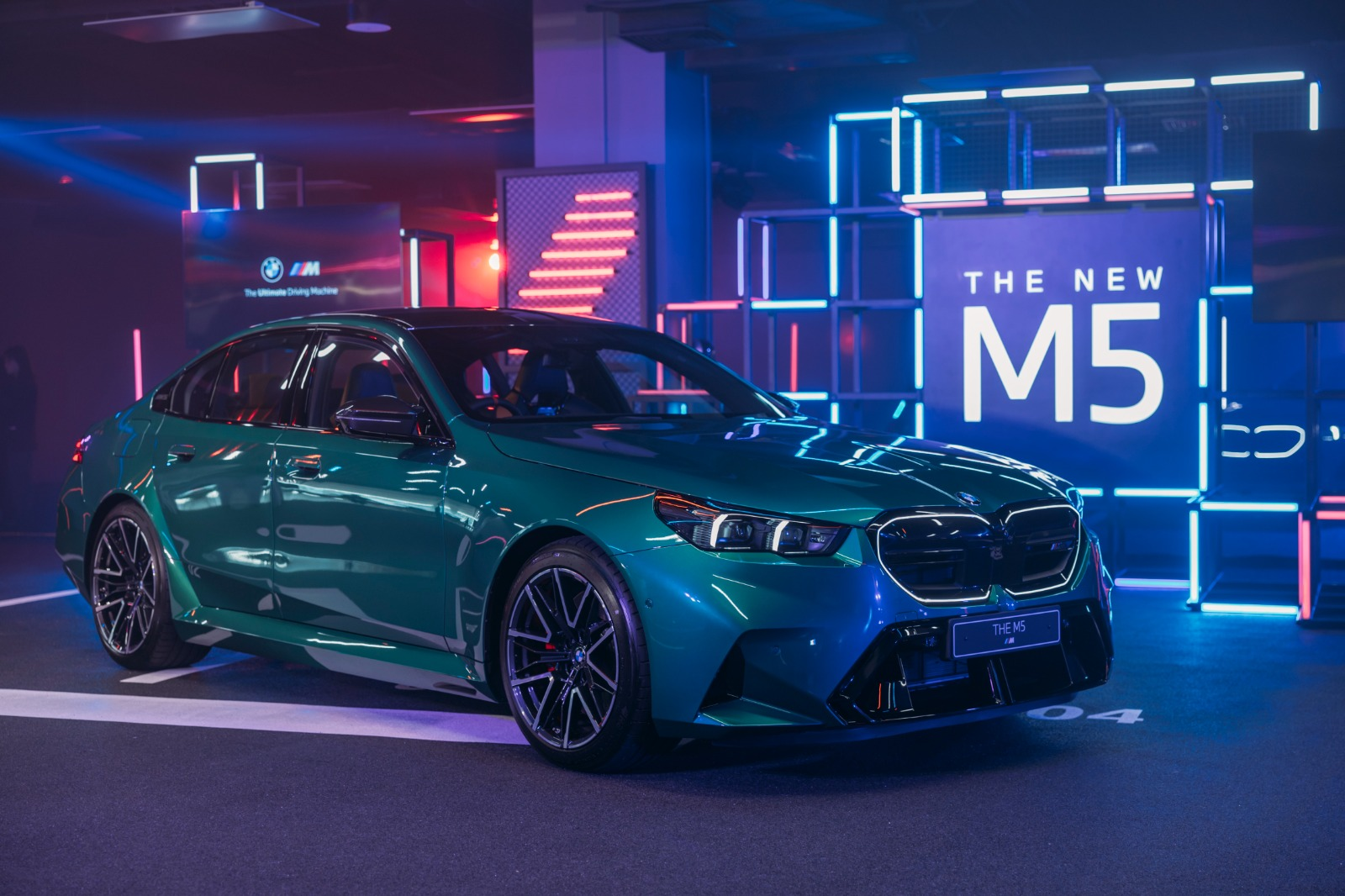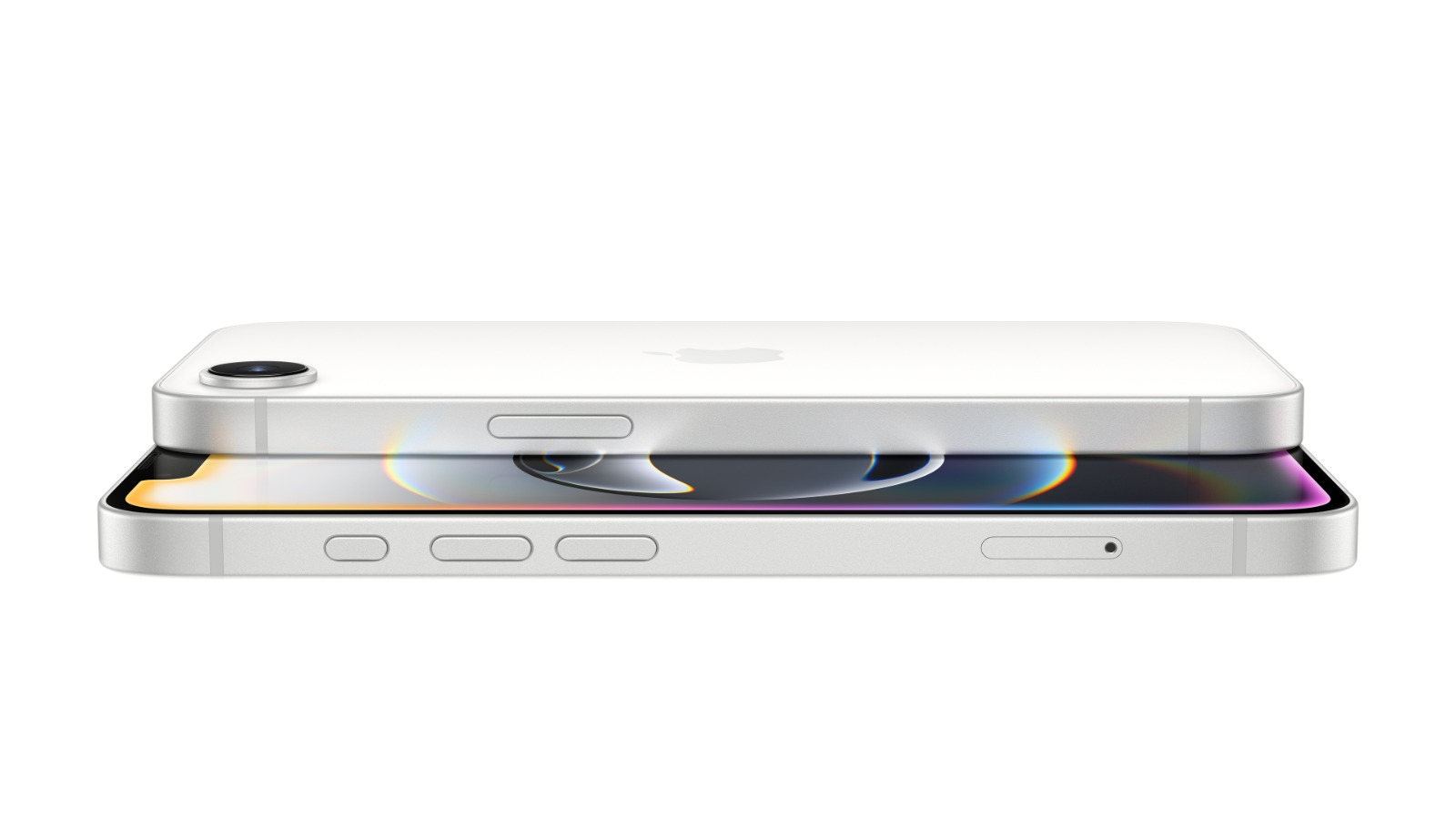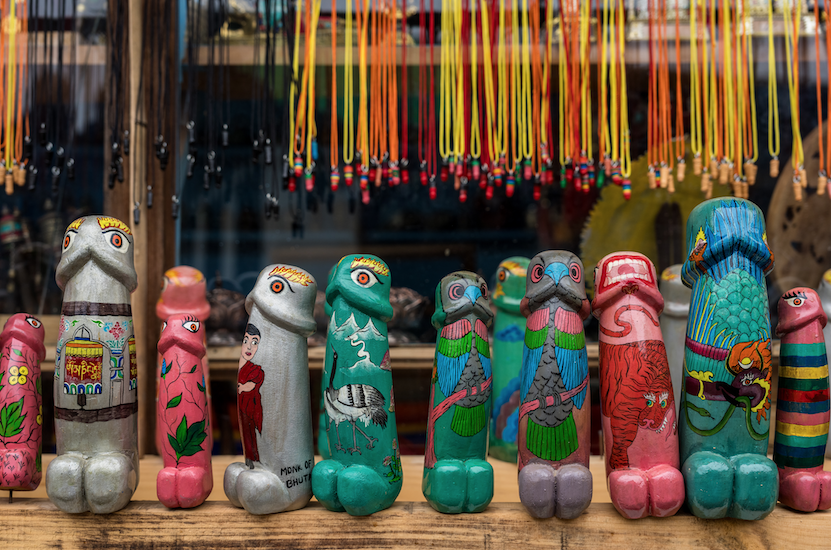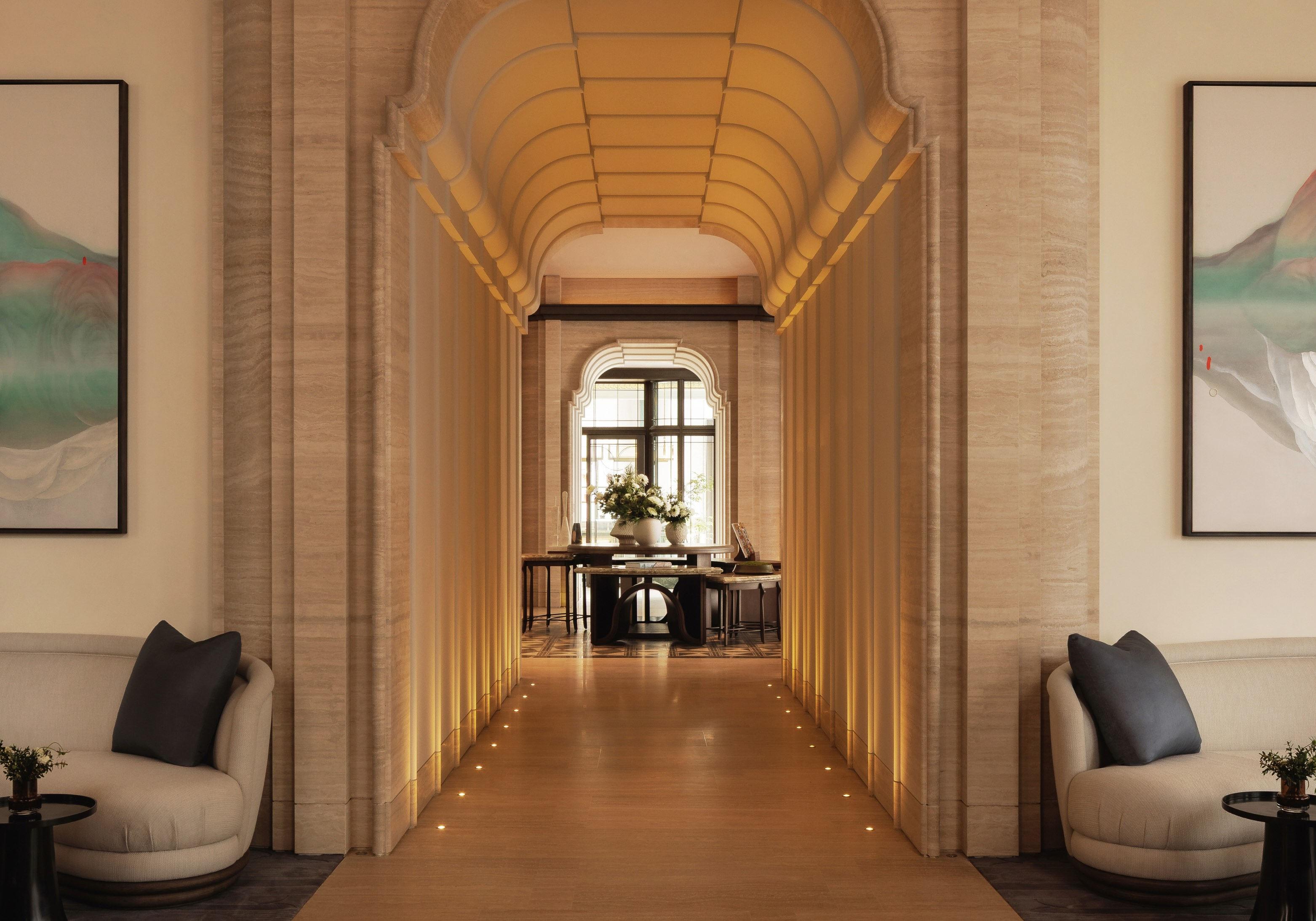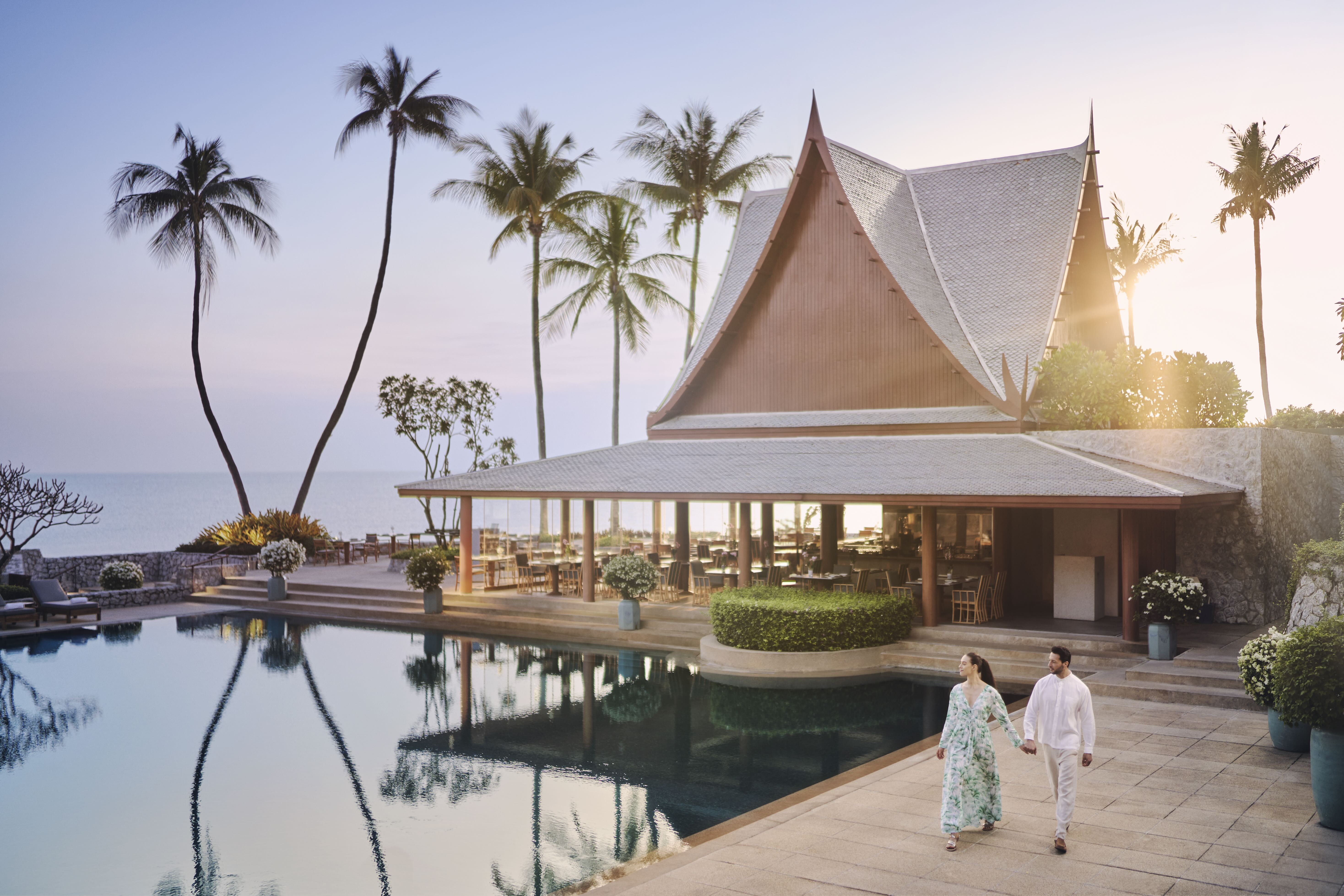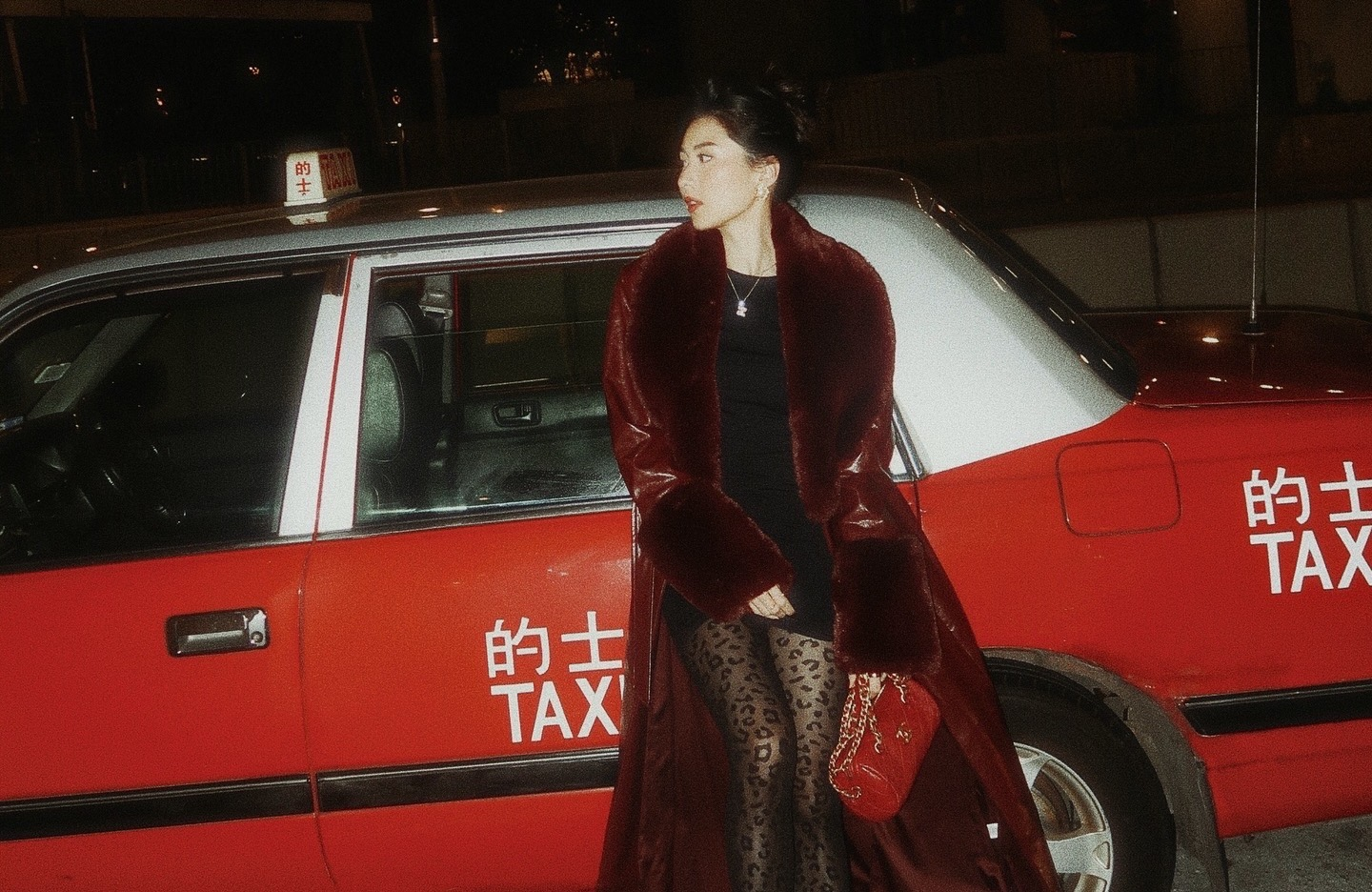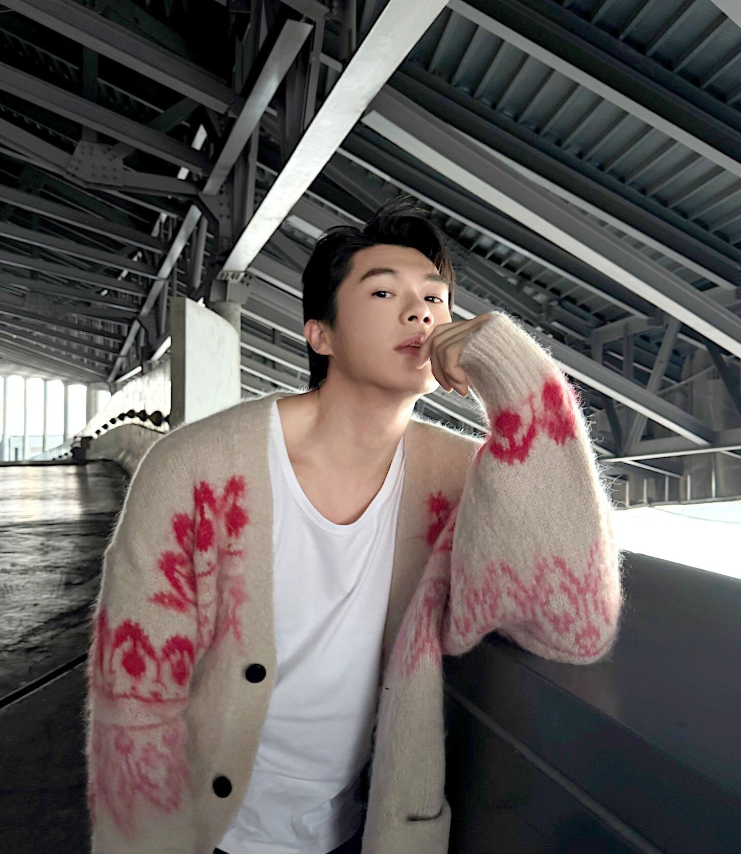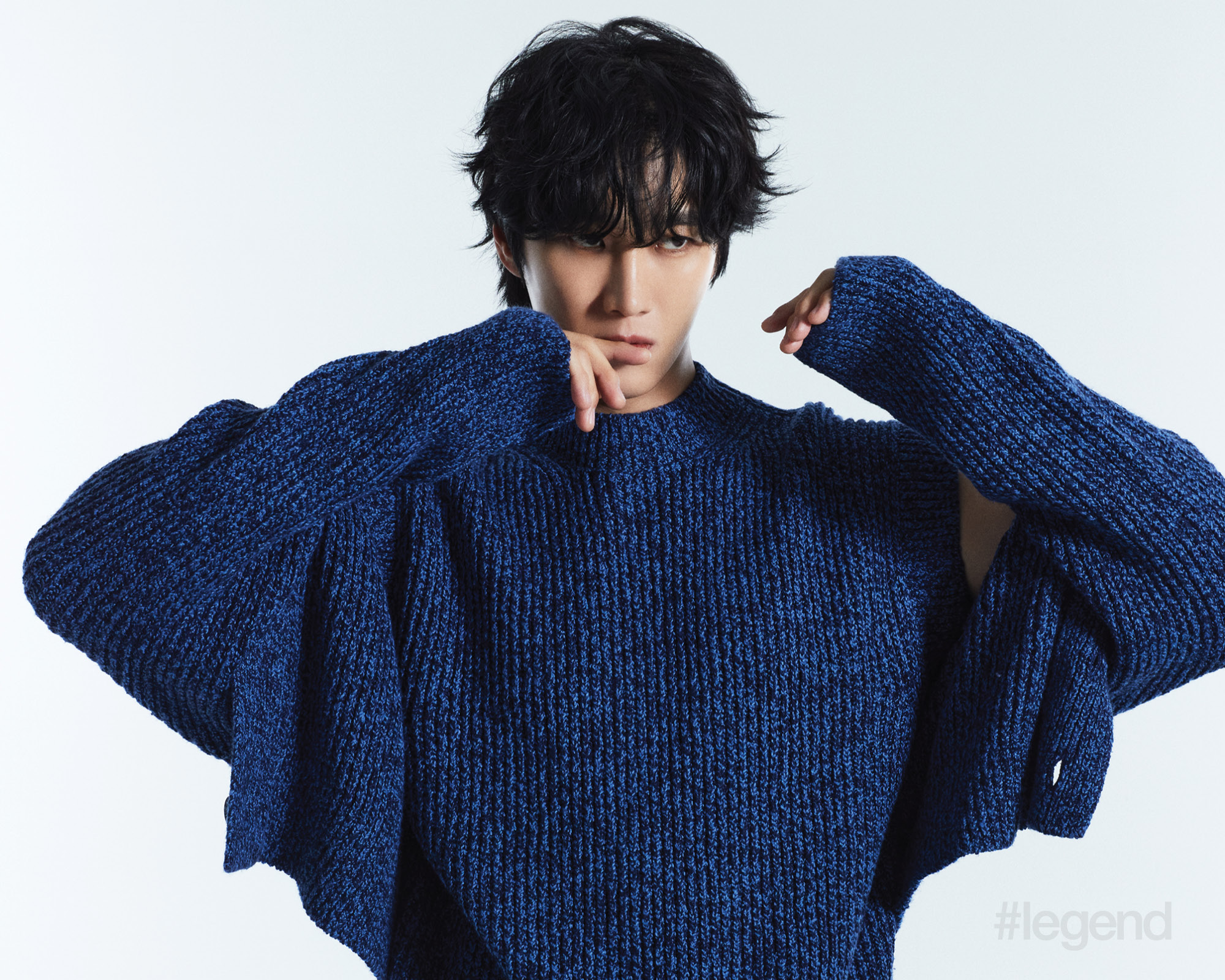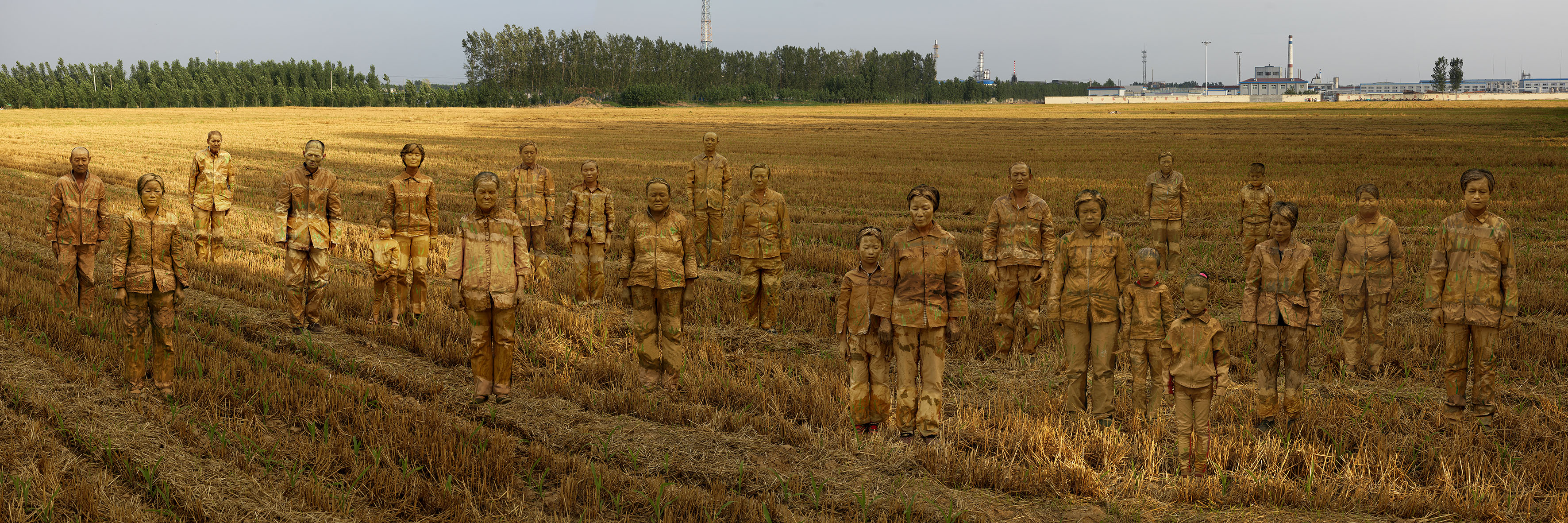An artistic dream by architectural maverick Nelson Chow
Nov 11, 2021
For the first time in his career, architect Nelson Chow is taking on the mantle of artist. He talks to #legend about his debut work Dreamscape and the inspiration and innovations behind it

What do you get when you take Area 51, remove the intense glare of science fiction and add enough whimsy to fill a collection of storybooks? Nelson Chow’s debut art installation, Dreamscape. Taking the form of a space shuttle that has touched down in K11 Musea’s Bohemian Garden with a single guest on board (a sleeping cloud), the piece stands in stark contrast to Chow’s past projects, which include secret bars and treehouses.
While Dreamscape is more reminiscent of close encounters of the fairy-tale kind than the third kind, there’s a method to the madness for Chow. No stranger to big projects thanks to his design studio NCDA, he follows a tried and-true approach when it comes to tackling creative endeavours.
“We try and analyse the project every time and also just try and entice the user, to engage with the user, to have an interactive experience,” he says. There’s layers to it and Chow peels them back one by one, looking at his clients’ requirements, timelines and the potential user. After that, it’s just a matter of finding a story that is unique to the project. “We really want to just engage with their senses, so it’s not just a physical experience, it’s more of a psychological experience.”
To Chow, experience is a keyword in everything he does. He brings up a previous project, Timber House, in which he created a treehouse within a residential building. Playing off the hillside that the building is nestled in, Chow wanted to instil a feeling of cabin living among the trees of the hill. “This one is on a bigger scale, but again we try and use the psychology of an item or a cabin or a treehouse to entice the person to think about certain things,” he explains.
From the fireplace reception to the green of the fixtures and tiles, it’s easy to see that Chow designs cohesive experiences and Dreamscape is no different. “Every project I’ve done is in a way a study of its relationship to the site conditions,” he notes.
The mist that spews out of Dreamscape at regular intervals adds the air of mystery and an element of movement that we’ve long come to expect from space shuttles. As the tendrils of vapour billow out over the lawn they almost beckon passersby to come in closer – and that’s exactly what they’re supposed to do. “Before you even get to it, you already kind of want to go to it and that’s the whole point of having some object as a catalyst to engage with the audience, both from afar and close up,” Chow says.
Inside the shuttle, lightbulbs illuminate in clusters emulating the soft, steady breath of deep slumber and reflect off the mirrored base, wrapping viewers up in the sleeping cloud. From inside to out, Dreamscape takes viewers on a journey with these little details of interactiveness, or “a sequence” as Chow calls it. “These kinds of experiences, whether it’s sound or wind, you have to experience yourself, you can’t see it from the picture. I think that sort of experience draws people to come to K11.”
On the way to creating that complete experience, Chow left no stone unturned as he describes a lengthy list of factors he considered when designing Dreamscape. Thanks to Chow’s careful tests and examinations, a moat hasn’t formed around Dreamscape despite its frequent mist spray. Even though Hong Kong’s hottest months are behind us, Chow installed a fan to pump in cool air for users.
The list goes on and on, symptomatic of Chow’s full-time profession as a designer who must think of everything clients interact with. Old habits die hard and it seems impossible to split the architect from the artist. Why would you, when he thinks of everything and presents it to you in the shape of an elegant space shuttle?
Of course, Chow didn’t turn the Bohemian Garden into Area K11 just for the sake of giving people a space shuttle experience, albeit very well-timed with the boom in space tourism. The point of Dreamscape is so much more down-to-earth than giving people a taste of the latest space race. “In a way, I wanted something that lifts the people of Hong Kong, just lifts them off from their mundane life – something to dream and just have fun and break free from their normal environment – so we wanted to create something that is quite surreal,” Chow says.

“I wanted something that lifts the people of Hong Kong – something to dream and just have fun and break free from their normal environment” – Nelson Chow
Surrealism and fun, two concepts that have only increased in value after almost two years of grim realism and depressing reality checks. With Dreamscape, Chow hasn’t just created the perfect photo op for everyone’s next Instagram post, but also something fun for families and children. “I think for the purpose of this public art that is for families, we want to bring good memories to the people,,” he explains. “That’s why I think it’s good to have something whimsical.
A far cry from the art that lines gallery walls, Dreamscape exudes a playfulness that is a rare but welcome find among the stuffy, intimidating energy of high art. The invitational aura comes from Chow himself, who creates with the user in mind. “I think the participants themselves are the most important. My projects, in a way, are kind of like set design for movies. I want the occupants to feel like they’re the movie star,” he says.
In this movie, it’s not a lost little alien with big eyes that steps out of the shuttle, but us who step into it to experience the cloud. “They themselves [the user] become the alien, they themselves become the protagonist,” Chow says.
However, being the alien and protagonist doesn’t equate to alienation. After all, what’s a blockbuster without its ensemble cast? “It’s not just for one person to go in and photograph themselves. It’s about togetherness,” Chow says. After having been separated from our loved ones for too long, Chow emphasises the need for connection and
engagement thanks to the pandemic. That much has been achieved as a steady flow of photo takers trickle in and out of the shuttle, smiling and posing. “The whole point is it should be communal, it should be fun.”
A cross between the words dream and escape, Dreamscape represents an escape from negativity and an invitation to dream. “Hong Kong needs that and the people of Hong Kong need to be able to think that. Young people, they are able to dream and make things happen,” Chow says. The imagery fits – a gentle cloud that dozes and dreams away in a space shuttle to remind us to shoot for the stars and that with a little imagination, even the clouds can be caught. “I think that is a key message, that they want people to still be able to dream and think that the impossible can be made possible.”

Also see: Michael Lau redefines the lines between art and toys


